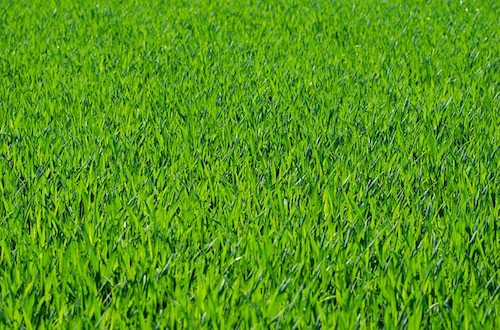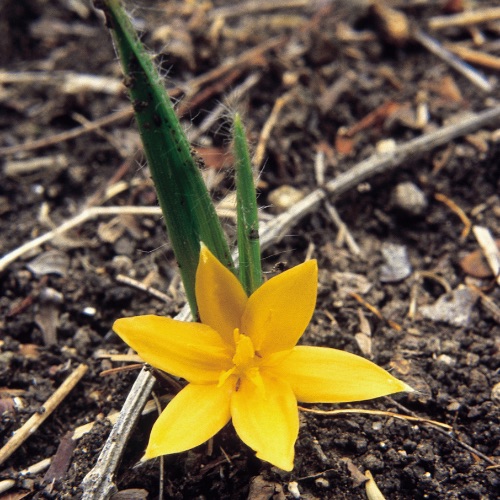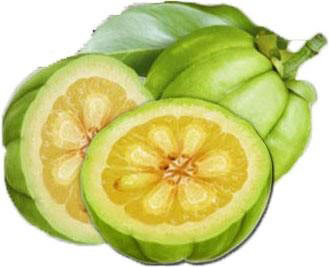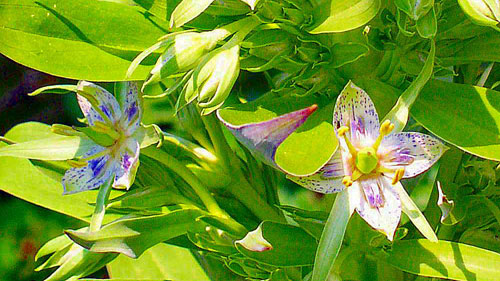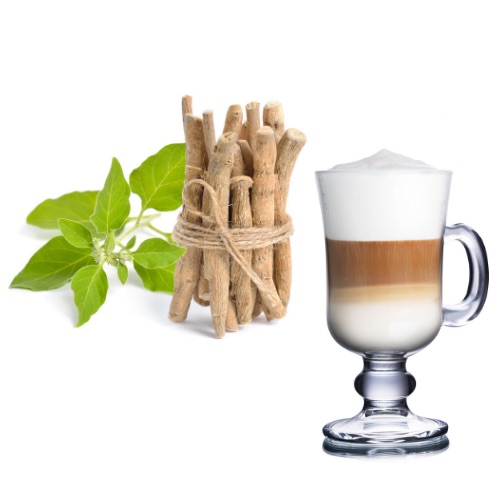Ayurveda and Jackfruit: Ayurveda praises the health benefits of jackfruit also known as panasa or fanas or phanasa. Ayurveda acharyas explain the medicinal benefits and side effects of this fruit.
It is known by different name in India. Here is the list
- English : Jack Fruit
- Tamil : Pala Pazham / Palli Kai
- Malayalam : Chakka
- Telugu : Panasakai
- Kannada : Halasu / Kujee / Halasina Hannu
- Hindi : Kathal / Katahal
- Bengali : Kanthal
- Gujarati : Phanas
- Konkani : Ponosu / Barco
- Marathi : Phanas
- Oriya : Panasa
- Punjabi : Kathal
Ayurveda Health Benefits and Medicinal Uses of Jackfruit (Read How to Eat Jackfruit ? )
According to texts of Ayurveda the medicinal properties of jack fruit varies in various stages of its development.
The flesh of smaller raw fruits is very heavy to digest. The raw fruit increases vata and kapha. In India raw jackfruit is used to prepare curry and subzi. People who suffer from Vata and kapha imbalance should not include raw jackfruit on diet. It may cause indigestion, weakening of Agni or body fire, heaviness of body and constipation.
The ripe jackfruit alleviates Vata and pitta. The fruit is heavy to digest and sticky in nature. It enhances the moistness of tissues. It acts as a body coolant. Jackfruit has to be eaten before consuming food. It may cause indigestion if you consume after having a meal. Jackfruit is a strict no for patients who suffer from digestive disorders and ascitis. The fully ripened fruit is very helpful in increasing the quality and quantity of semen. It helps to increase sperm count and sperm motility. It is the best ayurvedic remedy and treatment for erectile dysfunction. Weak and skinny people are largely benefited by ripened fruit as it increases body bulk and body energy level. If you are on a weight-gaining diet eat this fruit.
The latex of this tree has anti-inflammatory properties. Hence it is recommended in inflamed abscesses and wounds. A poultice of jackfruit latex helps to reduce pain and swelling in abscesses and wounds.
The bark of the jackfruit tree helps to reduce intestinal motility and is hence useful in diarrhea and dysentery. The decoction of the bark is used for this purpose.
The decoction of leaves and roots is used in diseases of the skin. The leaves also help to reduce the effects of poison.
The jackfruit is widely used in Chinese folk medicine. They consider it as having cooling and nutritious properties. The flesh and seeds are used to reduce the influence of alcohol. Roasted seeds are regarded as an aphrodisiac and given to patients who suffer from low libido, klaibya or erectile dysfunction, and premature ejaculation. The ash of bark and leaves are mixed with coconut oil and applied to wounds.
Side Effects of Jackfruit
Jackfruit should not be consumed by pregnant women as it may lead to uterine contractions. according to the principles of Ayurveda jackfruit is very heavy to digest. When a pregnant consume this fruit in excess it will initiate intestinal motility which in turn may stimulate contraction of the uterus. Hence jackfruit should not be consumed by pregnant women.
It is a strict no to people who have IBS or Colitis as it increases intestinal motility and increases the frequency of bowel emptying. It may also cause intestinal colic or stomach cramps.
Persons suffering from ascites should strictly say no to this fruit.
General Information about jackfruit Tree
(WhatsApp Dr.Savitha Suri @+ 91 6360108663/ to know more about ayurvedic treatments and remedies )
Author: Dr.Savitha Suri, Consultant Ayurvedic Physician
Call us at +91 9945995660 / +91 9448433911
WhatsApp + 91 6360108663/

